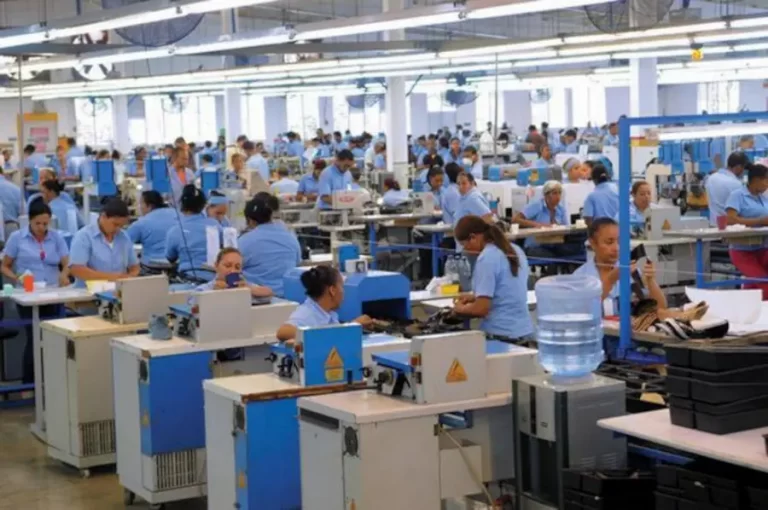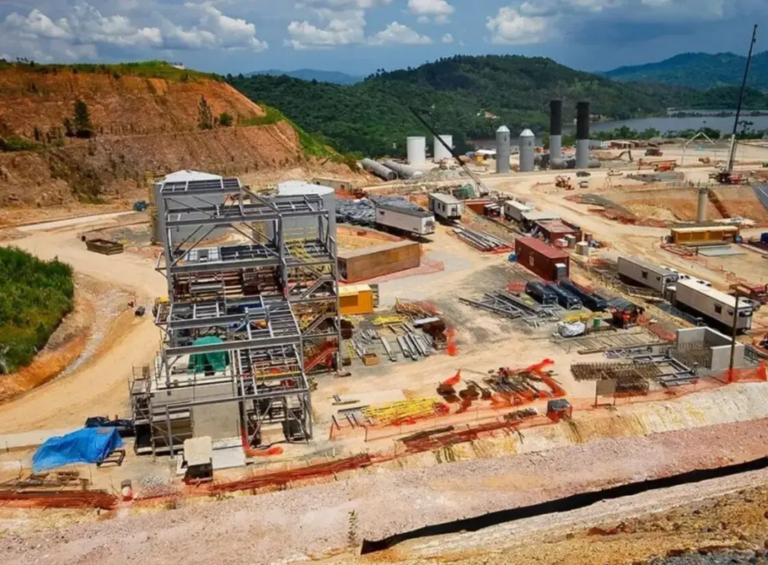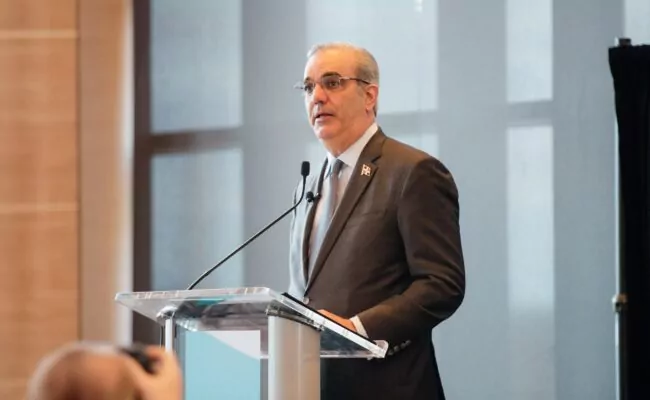El Fondo Monetario Internacional (FMI) aseguró ayer que la economía dominicana continúa presentando un desempeño muy positivo y se ha logrado un progreso sustancial en los indicadores sociales.
Sin embargo, advirtió que para llevar la economía hacia un crecimiento más sostenido e inclusivo y lograr una convergencia del ingreso más rápida se requiere de reformas estructurales ambiciosas.
Planteó que esas reformas, que aumentarían la productividad y el crecimiento, incluyen la simplificación del sistema tributario, avanzar hacia mercados laborables más eficientes, flexibles y formales y reducir los costos de logística. “El giro de política que se ha tomado este año hacia la innovación—si se concentra adecuadamente en mejorar la sofisticación tecnológica, la orientación exportadora y la competencia—puede brindar el impulso necesario”, dijo el organismo internacional a través del comunicado de prensa número 19/90, fechado en Washington y divulgado en el República Dominicana por el Banco Central. El FMI reconoce que las autoridades locales -acertadamente-, han centrado los esfuerzos de política en mejorar el clima de negocios, facilitando el comercio e invirtiendo en infraestructura y capital humano, especialmente con reformas en educación y en salud.
Indica que para continuar reduciendo la desigualdad y la pobreza, las autoridades se han centrado en la generación de empleo, aumentando el salario mínimo y fortaleciendo el desempeño del sistema de seguridad social. “Estas reformas seguirán mejorando los resultados sociales. Se alcanzarían avances aún mayores con la profundización de las reformas del marco de seguridad social para permitir un acceso más amplio y garantizar un adecuado ingreso de jubilación, así como la modernización de las instituciones del mercado laboral”, plantea el FMI. Recientemente, el staff del FMI concluyó la misión del Artículo IV de 2019 para la República Dominicana y fue a partir de eso que el organismo remitió el informe dado a conocer ayer.
La institución internacional sostuvo que en el país el crecimiento recuperó impulso, alcanzando 7% en 2018, el mayor del hemisferio, lo que llevó a una mejoría del ingreso real. “La expansión de la economía facilitó la integración de muchos trabajadores desalentados a la fuerza laboral, aumentó el empleo y ayudó a reducir la desigualdad y la pobreza. A pesar del rápido crecimiento apoyado por la política monetaria durante la primera parte del año, la inflación permanece baja cerrando en 1.2% en diciembre de 2018”, dijo el FMI.
Aconseja supervisar más el sector de cooperativas
El FMI dice que está pendiente fortalecer la supervisión de las cooperativas de intermediación financiera a la par del sistema bancario y seguir la transición hacia normas regulatorias y contables internacionales en el sistema bancario. Dijo que “a pesar de años de crecimiento y resultados encomiables en bajar la evasión y el fraude fiscal, la deuda sigue creciendo como resultado de déficits estructurales. Citó las pérdidas del sector eléctrico.
Fuente: El Caribe[:en]
The International Monetary Fund (IMF) assured that the Dominican economy continues with a very positive performance and substantial progress has been made in the social indicators.
However, it warned that moving the economy towards more sustained and inclusive growth and achieving faster income convergence requires ambitious structural reforms.
It proposed that these reforms, which would increase productivity and growth, include simplifying the tax system, moving towards more efficient, flexible and formal labor markets and reducing logistics costs. «This year´s policy shift towards innovation can provide the necessary impetus -if adequately concentrated on improving technological sophistication, export orientation and competition,» the international organization said in a press release number 19/90, dated in Washington and circulated in the Dominican Republic by the Central Bank. The IMF recognizes that local authorities – rightly so – have focused policy efforts on improving the business climate, facilitating trade and investing in infrastructure and human capital, especially with reforms in education and health.
It indicates that the authorities have focused on generating employment, increasing the minimum wage and strengthening the performance of the social security system with a view to continue reducing inequality and poverty. «These reforms will continue to improve social outcomes. Even greater progress would be made with further reforms to the social security framework to allow for broader access and guarantee an adequate retirement income, as well as modernizing labor market institutions», states the IMF. Recently, IMF staff concluded the Article IV 2019 mission for the Dominican Republic the results of which the agency submitted in the report released yesterday.
The international institution held that growth in the country regained momentum, reaching 7% in 2018, the largest in the hemisphere, which led to an improvement in real income. «The expansion of the economy facilitated the integration of many discouraged workers into the labor force, increased employment and helped reduce inequality and poverty. Despite the rapid growth supported by monetary policy during the first part of the year, inflation remains low closing at 1.2% in December 2018,» the IMF said.
Advice to supervise the cooperative sector more
The IMF says that strengthening the supervision of financial intermediation cooperatives along with the banking system is pending and to continue the transition towards international accounting and regulatory standards in the banking system. It said that «despite years of growth and commendable results in lowering tax evasion and tax fraud, debt continues to grow as a result of structural deficits, citing the losses within the electricity sector.
Source: El Caribe[:]




